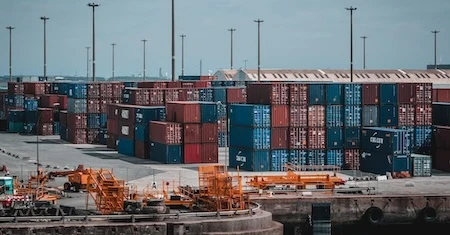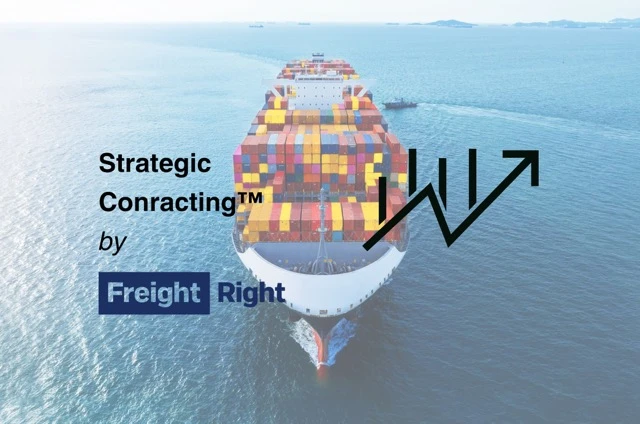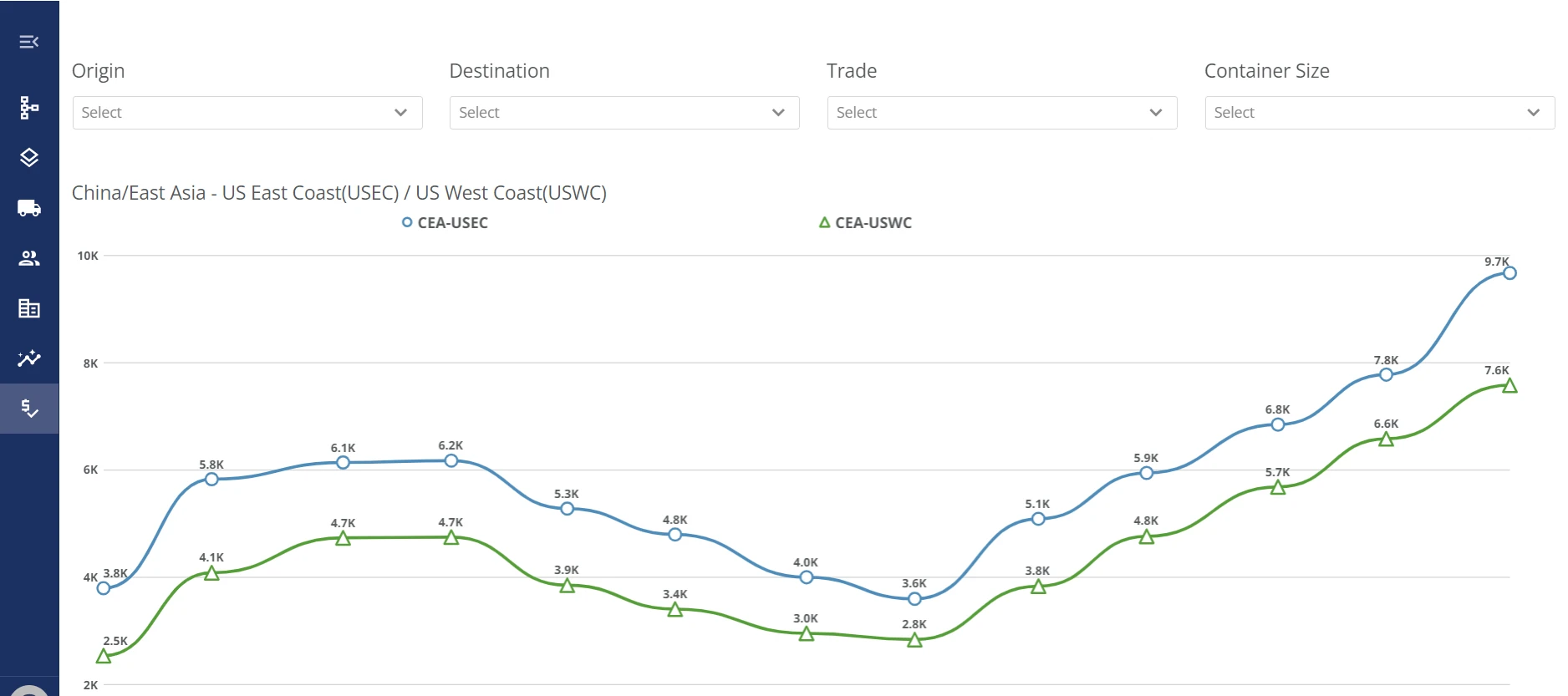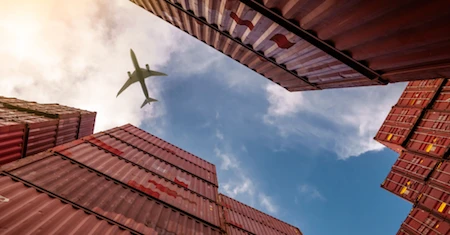


Singapore’s shipping company, the Pacific International Lines (PIL) announced on Feb. 14 of the company’s decision to withdraw from the Transpacific market, leaving the trade lanes up for more competition.
For years, PIL has been one of the main economy ocean carriers to service China to the United States trade lanes, and its withdrawal plan will affect the commercial trade arrangements with its partners, especially those that serve the China-U.S. trade.
PIL’s last Transpacific sailing will take place in March of this year, after which the company plans on focusing its efforts on “further strengthening its position in the North-South Trade,” a region that covers Africa, the Middle East / Red Sea, India Sub-Continent, Latin America, and Oceania.
The company is among the world’s top 10 containership operators and is the largest shipowner in Southeast Asia. The company has served more than 500 locations in over 90 countries worldwide.

Do you really need multiple customs brokers? Find out how a single freight forwarding and customs brokerage provider saves you time and money.

Rising COVID cases partially closes down one of the world's busiest ports, what does that mean for freight?

A look into the volatile freight contract season, exploring broken promises, rate surges, and solutions for sustainable agreements through strategic contracting and innovative market practices.

Today, we're proud to announce Freight Right's proprietary freight rate index, the TrueFreight Index (TFCX). Learn how we built the index. Subscribe to get weekly rate and market updates.

This article will explain what international air freight charges are and how to calculate the chargeable weight when shipping goods overseas.

Freight Right can help you with PACT Act compliant international shipments of your e-cigarette and vape products.

The drastically changed and changing landscape of international freight forwarding required equally progressing technology.

The International Chamber of Commerce (ICC) now offers a full-blown app to facilitate a faster ATA Carnet process

Founder & CEO of Freight Right Global Logistics, Robert Khachatryan, sat down with Tuck Ly, Vice President of Clearpoint International, to discuss the major issues affecting the global supply chain and port congestion

The International Longshoremen's Association began their strike October 1, 2024, affecting ports running along the east coast and Gulf regions of the United States. See what ports are affected and what this strike can mean for shippers.